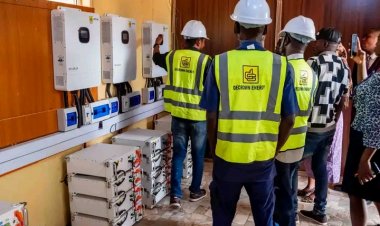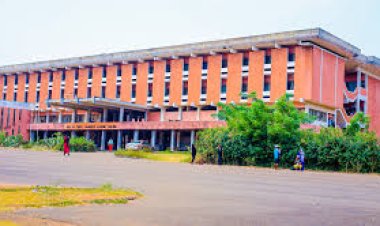Fountain University Launches Free Cervical Cancer Screening Initiative in Collaboration with University of Cambridge
In a significant stride toward promoting women's health, Fountain University, Osogbo, in partnership with the University of Cambridge, has officially launched a free cervical cancer screening program.
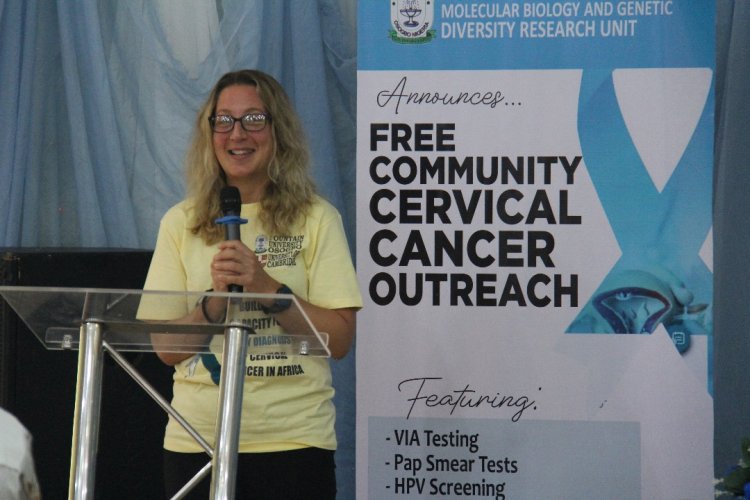
In a significant stride toward promoting women's health, Fountain University, Osogbo, in partnership with the University of Cambridge, has officially launched a free cervical cancer screening program. The initiative, spearheaded by the university’s Molecular and Genetic Diversity Research Unit, is aimed at early diagnosis and prevention of cervical cancer.
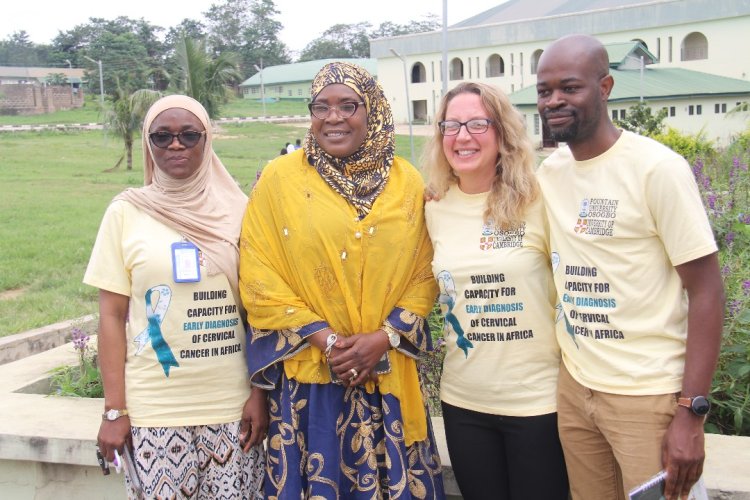
The project, a collaboration between Dr. Sara Pensa of the University of Cambridge and Professor Nusrah Afolabi-Balogun of Fountain University, was formally unveiled during an opening ceremony attended by stakeholders from the health and academic sectors. The screening program will provide free services to 600 women in Osogbo and its surrounding communities.
As part of the initiative, a weeklong training workshop has been organized for researchers, academics, and postgraduate students to enhance their skills in early cervical cancer detection. The workshop will equip participants with knowledge and techniques crucial to advancing cancer research and diagnosis.
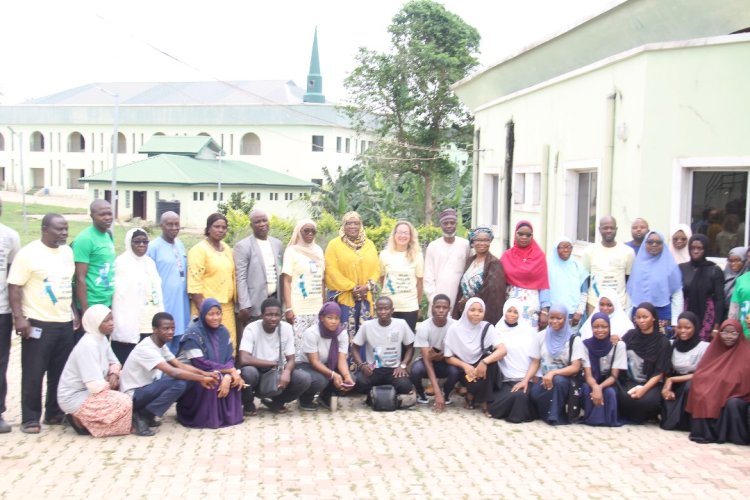
The program is made possible through the sponsorship of several key organizations, including TReND in Africa, the University of Cambridge, Cambridge-Africa, and UK Research and Innovation. The Osun State Government, through its Ministry of Health, also lent its support by gracing the opening event.
The initiative marks a crucial step in the fight against cervical cancer in the region, providing both immediate health services and long-term educational benefits for the medical and research communities.

 UBA CHIDINMA
UBA CHIDINMA 